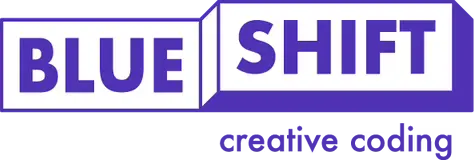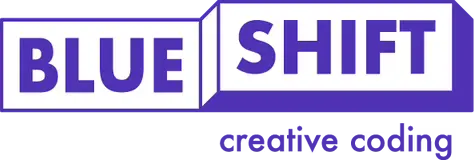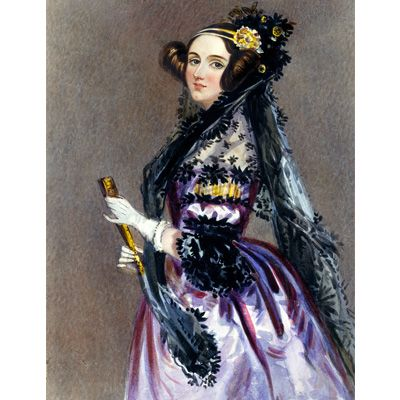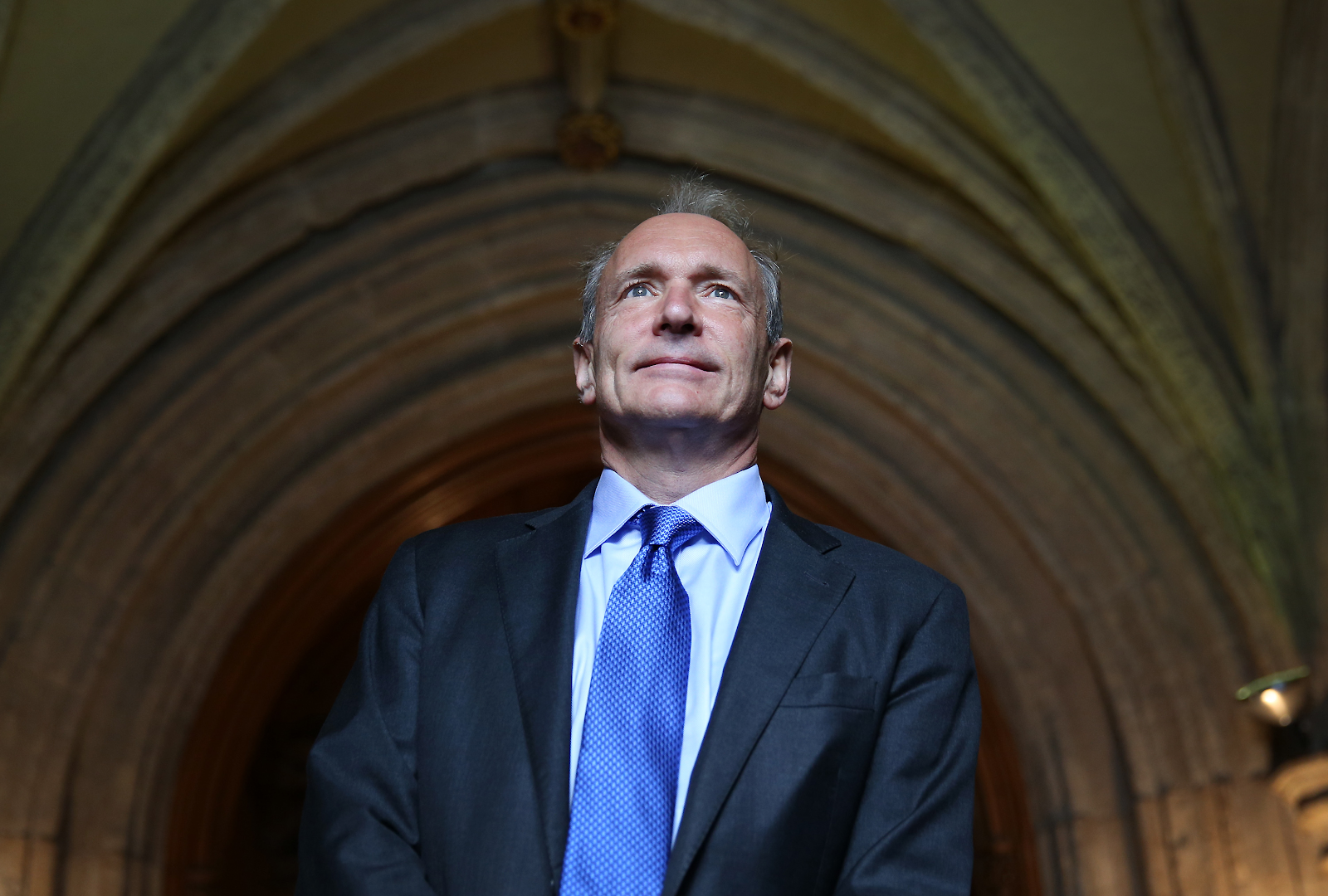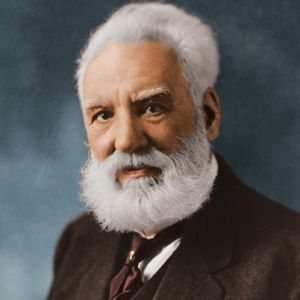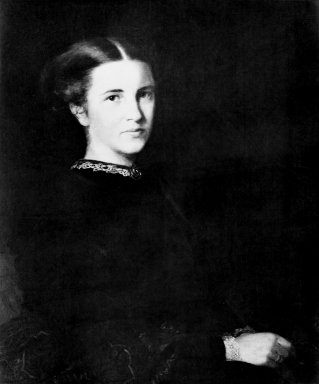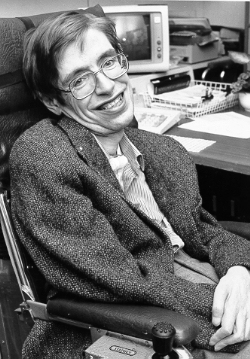7 British Scientists to Celebrate this British Science Week
This British Science Week, we are celebrating all things science and technology here at blue{shift}. Founded by the British Science Association, this ten day event spans the UK to celebrate science, technology, engineering, and maths (STEM). Through activities, apps, and events, the goal of the program is to empower students to pursue science, support STEM teachers, and engage the public in the field of science.
Historically, the United Kingdom has spearheaded a legacy of scientific invention. As a hub for innovation and knowledge, British men and women have pioneered the field throughout history. Here are just seven great scientists to remember this British Science Week.
The First Computer Programmer- Ada Lovelace
Ada Lovelace was a Victorian visionary in computer programming. As a mathematician, she recognised the potential of Charles Babbage’s Analytical Machine and wrote what is now considered to be the first algorithm for computers. Her legacy is commemorated worldwide, and she even has a computing language, Ada, created by the United States Department of Defense, named after her.
Engineer of the World Wide Web- Timothy Berners Lee
Computer scientist and software engineer Sir Timothy Berners Lee invented Hypertext Transfer Protocol (HTTP) and the World Wide Web. As creator of the first browser and editor in 1991, Berners Lee was named one of Time Magazine’s ‘100 Most Important People of the 20th Century’, and now he spreads his knowledge as a professor of computer science at the University of Oxford.
Scientist of Space- Maggie Aderin-Pocock
Margaret Ebunoluwa “Maggie” Aderin Pocock is a space educator at University College London, scientist, and TV presenter on Sky at Night.Growing up with dyslexia, Maggie Aderin Pocock followed her love of space throughout school with fierce tenacity. After completing her doctorate degree, she now builds instruments that are aiding the fight against climate change, and travels all over the world for scientific ventures. (But she still dreams of making it to space!)
Inventor of the Telephone- Alexander Graham Bell
Credited with the patent of the first telephone and founded the American Telephone and Telegraph Company, Alexander Graham Bell was not American but Scottish. Since he was a boy, Graham Bell was interested in speech, and throughout his studies in the 1860s, he even created a mechanically simulated voice. Though he invented the harmonic telegraph and later the telephone in 1875, Bell also researched aeronautics and hydrofoils.
Man Behind Molecular Biology- Francis Crick
One of the most famous British scientists and theoretical molecular biologists, Crick is known for his work with James Watson on identifying genetic structures and co-discovered DNA. With their research, they founded the double helix design of DNA in 1953. Crick, Watson, and Wilkins won the Nobel Prize in Physiology or Medicine in 1962.
First Female Physician- Elizabeth Garrett Anderson
Through her persistence, Elizabeth Garrett Anderson was the first British woman to qualify as a surgeon and physician in 1865, first French female doctor of medicine, and first dean of a British Medical School. Not only was she passionate about science, but she was also an activist for women’s suffrage. (She was even the first female mayor in Britain!)
Legendary Physics Theorist — Stephen Hawking
One of the most famous physicists of all time, Stephen Hawking founded many of the scientific theories today on the big bang, black holes, and theoretical physics. He was a renowned cosmologist, Director at the Center of Theoretical Cosmology at the University of Cambridge, and author; Hawking was also an activist for people with disabilities and a role model for all young physicists. He said:
“Scientists have become the bearers of the torch of discovery in our quest for knowledge.”
Sadly, Hawking passed away during British Science Week in 2018.
This week, let’s remember all the scientists, educators, and budding students who will create the next generation of innovation. If your budding young computer scientist is interested in learning more about coding, robotics, and computer science, check out our website.




